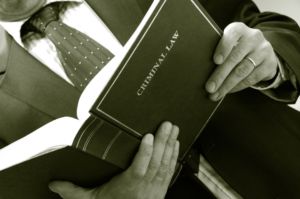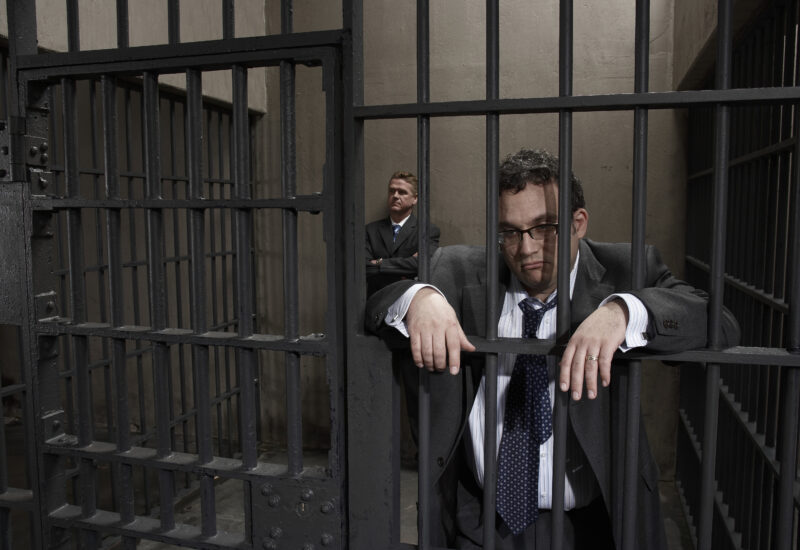
The majority of criminal cases are resolved short of trial due to a plea bargain. When entering a guilty or no contest plea, you effectively give up your right to appeal the sentence, absent an egregious error by your attorney or the trial judge. The U.S. Supreme Court has consistently held that a defendant can elect to waive many important constitutional rights and statutory rights during the plea bargaining process, including the right to appeal the sentence later.
The odds are against you, so you take your lawyer’s advice and accept a plea agreement. The prosecutor agrees to reduce the charges, and your maximum sentence will be much shorter than you expected. At least, that’s what you think. But when you try to discuss this with your lawyer before pleading guilty, they shrug you off.
At that point, you aren’t sure you understand all the terms and the waiver of rights, but you do it anyway because you’re told you have an experienced lawyer.
Later, you realize your sentence is much different than you expected. You have waived your right to appeal the sentence, and a conviction on your record will bar you from certain employment opportunities. Now what? Find out below which grounds qualify to appeal a plea bargain.
Courts want to safeguard against a “buyer’s remorse” situation, in which the defendant knowingly and voluntarily enters into a plea deal but later decides they want to gamble and go to trial instead. Absent any other facts or circumstances, a defendant won’t be able to appeal the sentence or withdraw a plea simply because they change their mind later.
But what happens when your lawyer doesn’t properly advise you on your plea bargain? You may have a viable claim for ineffective assistance of counsel if your lawyer doesn’t adequately represent you at the plea bargaining stage of your criminal case.
The standard for this type of criminal appeal is exceptionally high. Unless you can show a serious error by your lawyer, it’s challenging to win at the appellate court level. Some examples of what constitutes a serious error: 1) Your lawyer fails to explain the criminal charges to which you are pleading, such as a felony case, or a lesser offense, such as a misdemeanor case; 2) Your lawyer doesn’t explain the collateral consequences of a plea or criminal conviction, such as immigration or possible deportation proceedings and/or 3) Your lawyer’s bad advice results in the rejection of a plea bargain that would have resulted in a more favorable sentence than the outcome of a subsequent jury trial or guilty plea.
No matter how great your attorney’s reputation is, if they don’t clearly advise or explain everything to you or fail to negotiate a plea bargain on your behalf, you may have a claim for ineffective assistance of counsel.
Furthermore, the Sixth Amendment guarantees the following rights: 1) The right to a speedy and public trial; 2) The right to a fair trial with an impartial jury; 3) The right to know the nature of the charges and evidence against you; 4) The right to confront any witnesses against you; 5) The right to effective assistance of counsel. If any of these rights are violated, then it may be possible for a defendant to appeal their plea.
If you or a loved one is in a bind as a result of a criminal charge (theft or otherwise), immediately contact a Seattle Criminal Attorney. A Criminal lawyer is not going to judge you and understands that everyone makes mistakes. Hiring a Seattle Criminal Lawyer to help can – at a minimum – reduce penalties and can help direct people on how to best deal with their criminal charge, and many times even get them dismissed. So, it should go without saying that someone cited for a misdemeanor or felony should hire a qualified Seattle Criminal Lawyer as soon as possible. Criminal charges can cause havoc on a person’s personal and professional life. Anyone charged with a crime in Washington State should immediately seek the assistance of a seasoned Seattle Criminal Lawyer. SQ Attorneys can be reached at (425) 359-3791 and/or (206) 441-0900.

